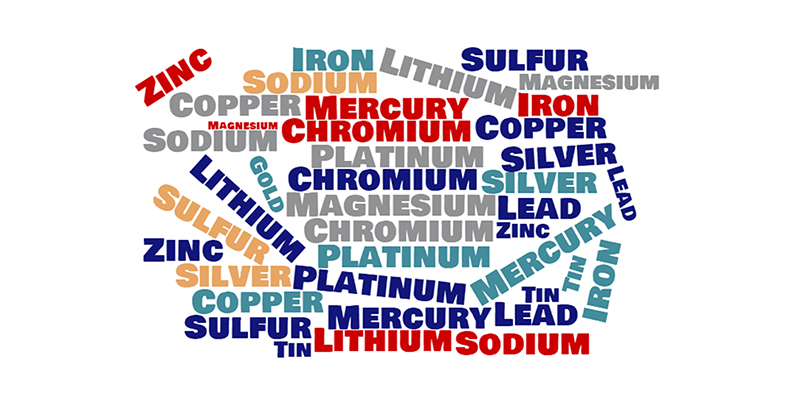If you have a curiosity and a keen interest to learn and discover more about science, then these short courses are for you. There are three short taster courses in the disciplines of chemistry, physics, biology, environmental science and ethics in science for you to study. It does not matter which order you study the different taster courses in.
This suite of courses consists of 3 different blocks of study, each of which should take you about 3 hours. The blocks have been adapted from the s111 Open University module Questions in science, an introductory level interdisciplinary science course.

The order in which you study the blocks is up to you and we have provided a brief summary of each to help you decide. Before we give you these summaries, we just wanted to start you thinking about why you might want to study science, that is what has inspired you to get this far. This video shows four scientists who were involved in creating the taster blocks in this course discussing what inspired them to study science.
Topics include:
- What are waves? is a taster of physics with some biology thrown in! It has been adapted from a topic called Are waves everywhere? which was written by environmental scientist Professor Mark Brandon. This block will introduce you to some of the physical properties of waves and you will also undertake your own online research into how bats use waves to identify their prey.
- What is a metal? is essentially a taster in chemistry. It has been adapted from a topic called Why do metals corrode? which was written by the chemist Dr Maria Velasco-Garcia. This block will introduce you to the properties of metals and you will also get to undertake an online laboratory experiment called a flame test.
- Ethics in science? is a taster of scientific ethics. It has been adapted from a topic called What is ‘Bad science’? written by biologist Dr Claire Kotecki. This block introduces you to some scientific ethical dilemmas and the importance of acting ethically in scientific research. You will also undertake your own online research.
Now you have heard a little more about each taster block you need to choose for yourself which science discipline you would like to study first. We hope you enjoy them all equally, but expect to be surprised, you may enjoy the one you expect to least the most, so do make sure you study all three!
These free courses are adapted extracts from the Open University course S111 Questions in science.



Rate and Review
Rate this article
Review this article
Log into OpenLearn to leave reviews and join in the conversation.
Article reviews